
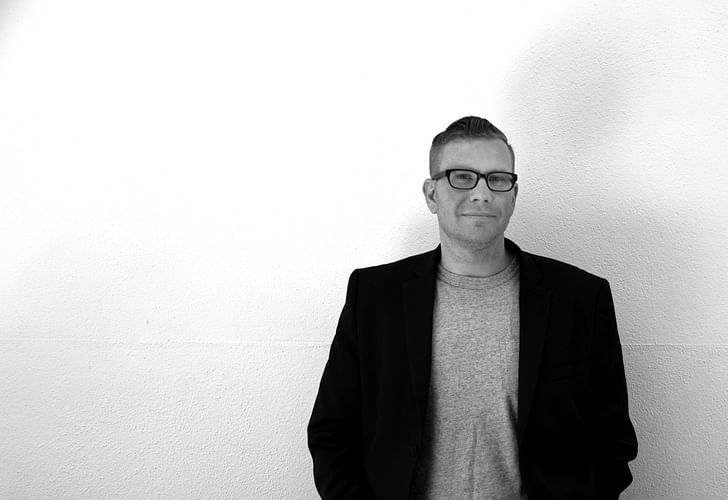
Founded by Clark Thenhaus, a recipient of the 2015 Architectural League Prize for Young Architects, the multi-disciplinary office Endemic positions itself between the fields of architecture, landscape, urban design and research.
For this week's Small Studio Snapshot, we talked with Clark to get his insight on the struggles and benefits of what is essentially a one-man practice.
How many people are in your practice?
Most often I am the only full time person. I have, however, been fortunate to bring in a number of talented people on a project-to-project basis and for the past year the office has hovered around three people—myself, and two project-based employees while we have worked on small-scale residential projects, installations, exhibitions, and competitions. For a small office like Endemic, bringing on new people for specific projects can be a productive means of collaborating as long as the core ideas are communicated well.
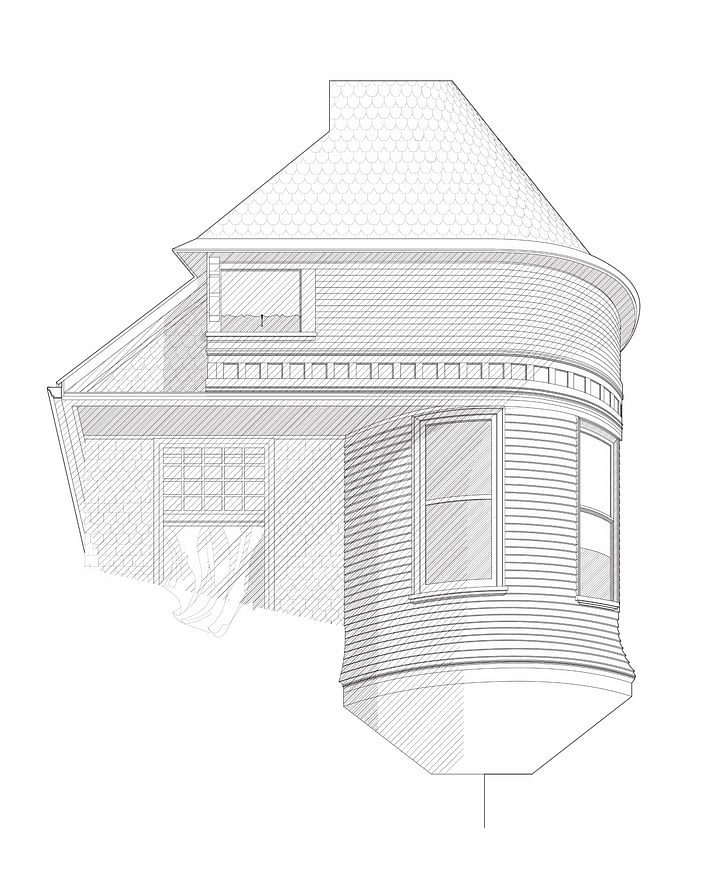
Why were you originally motivated to start your own practice?
The original motivations were actually pretty simple: I was compelled to contribute ideas to the field of architecture, and I desired the burden of choice for how to work on them. Whereas the motivations for doing this were relatively simple—to contribute—it was everything after that that was complicated. The immediate next step was trying to figure out what 'practice' meant. The immediate next step was trying to figure out what 'practice' meant. When Endemic was started, the idea of practice was motivated by a desire to contribute to the discipline in some way through teaching, speculative ideas, representation, or conceptual writing's and things like feasibility studies, side yard setbacks, or contracts and so on meant very little to the production of the earlier ideas. Eventually, the production of ideas began to fall in conflict with the contingencies of the small amount of real work that I did have. More recently, however, these two have come into closer proximity with one another, and so the original motivations still feel relevant but with a bit more awareness and an increasing ability to see them realized.
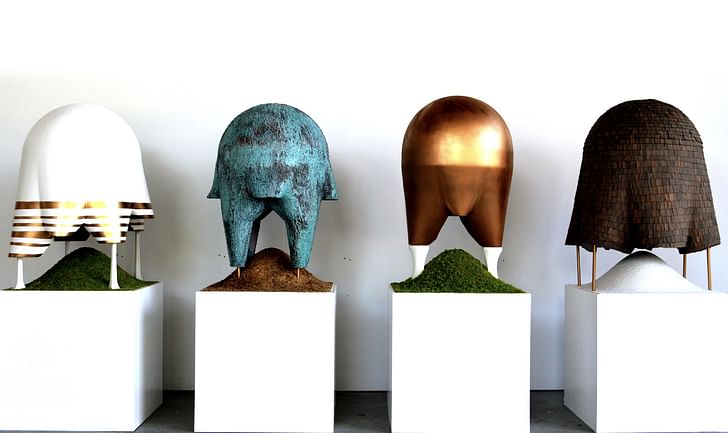
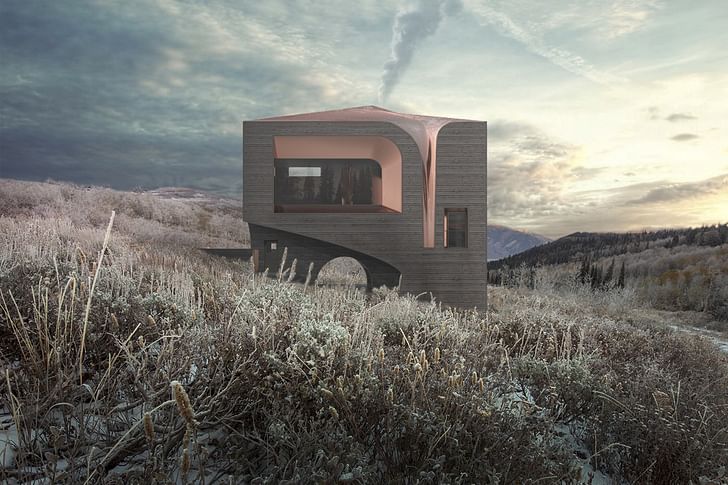
What hurdles have you come across?
There are many hurdles, I think, to starting an office. For example, even though Endemic was started a few years before relocating to the Bay Area, the Bay Area is nevertheless one of the most expensive rental markets in the country and renting office space and keeping operating costs and overhead low is certainly a never ending hurdle...it feels more like a long jump actually. It's empowering to pay for the office space through the projects themselves My 300 square foot office is in a one-story brick warehouse in a light industrial block of West Oakland and though it can be challenging when there is not enough project-based income or projects go "on hold," it's empowering to pay for the office space through the projects themselves. A constant hurdle is and probably always will be maintaining the integrity of how to work on ideas...how you work on them can be more important sometimes then the actual idea because I often realize that I actually need all new ideas anyway. On top of this is, of course, all the expected pains of figuring out everything other than the projects ideas and labor – how to afford new equipment, attracting new commissions, learning how to bill for different projects and so on; stuff you have to be willing to figure out as you go and I have a long way to go still.

Is scaling up a goal or would you like to maintain the size of your practice?
Scaling up is one of the goals. But that can mean many things I suppose. Part of the ambition for scaling up is establishing new professional partnerships or affiliations with organizationsActually, I think 'growth' is a better term for my goals then 'scaling up' – it's more ambiguous so that the work of the office can encounter more diverse audiences, respond to unanticipated circumstances, and extend beyond the current set of ideas and techniques. Actually, I think 'growth' is a better term for my goals then 'scaling up'—it's more ambiguous as it can mean many things beyond the parameters of size, yet also signals a desire to continue accepting new challenges independent of a goal of size itself.
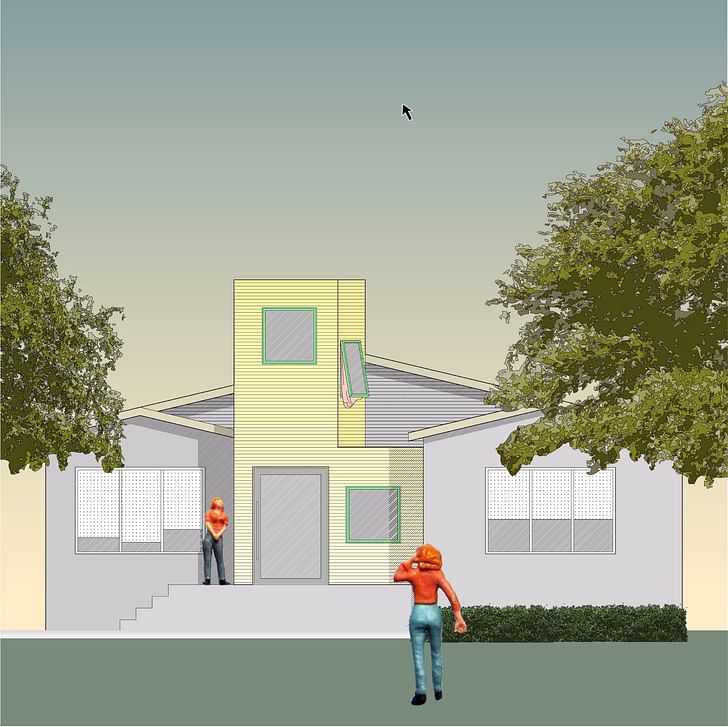
What are the benefits of having your own practice? And staying small?
For me, the pursuit of personal goals and ideas within the field of architecture is one of the most rewarding benefits. As for staying small, there are actually tremendous disadvantageous, and it can be exceedingly challenging. So it seems important to take advantage of being small and nimble, to hone your creative control of an idea and to leverage the ability to shift into new things very quickly yet also to be able to move slowly on developing the deeper content.
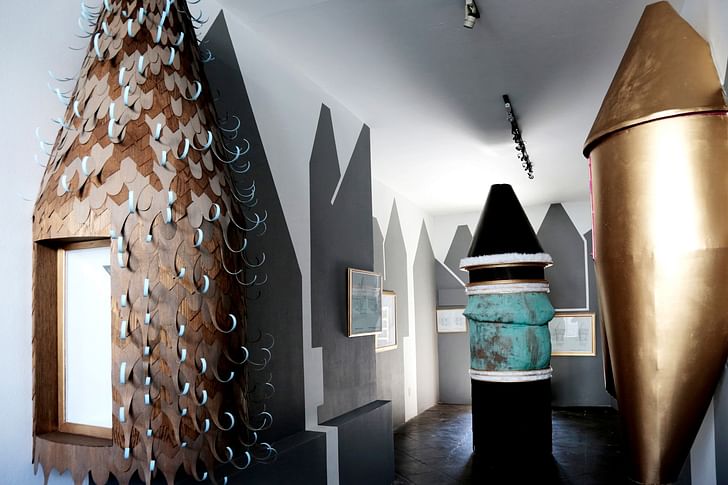
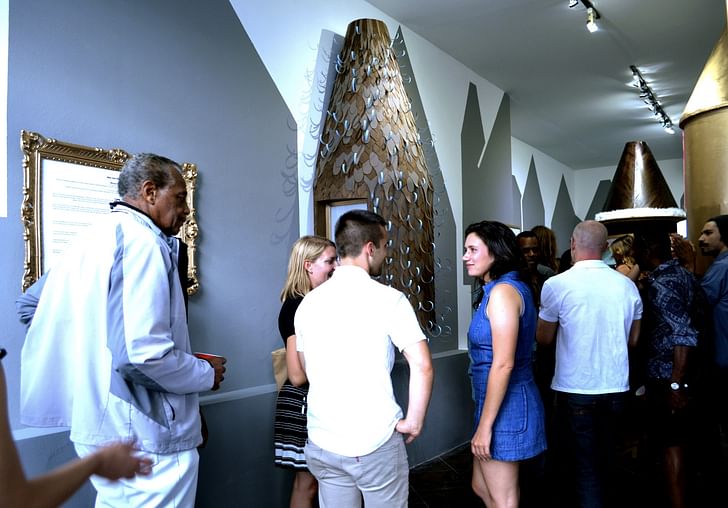
No Comments
Block this user
Are you sure you want to block this user and hide all related comments throughout the site?
Archinect
This is your first comment on Archinect. Your comment will be visible once approved.